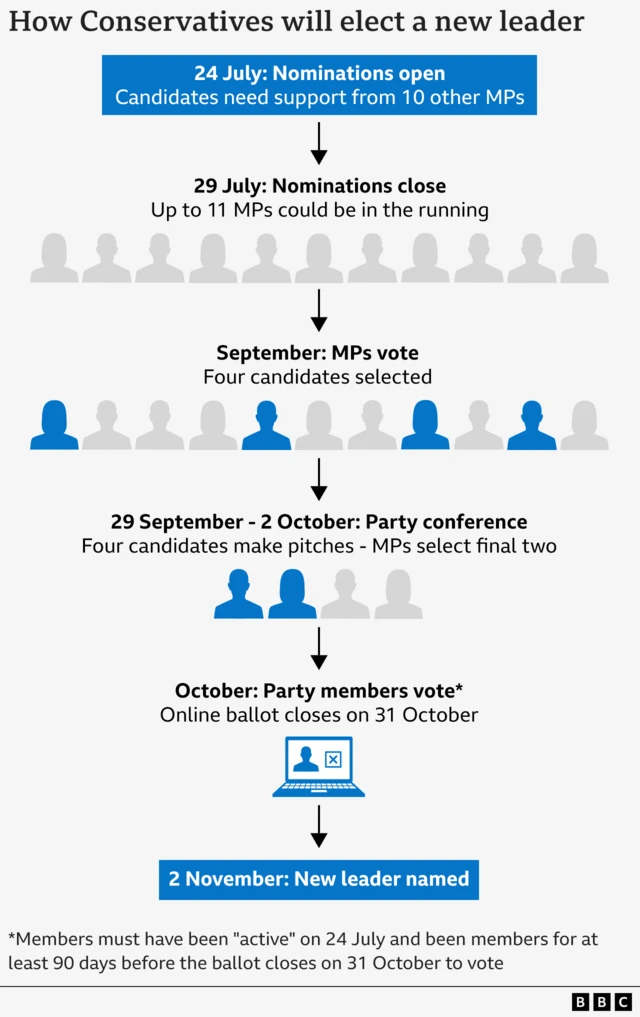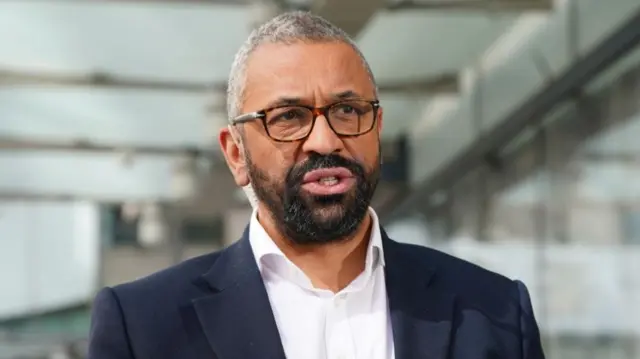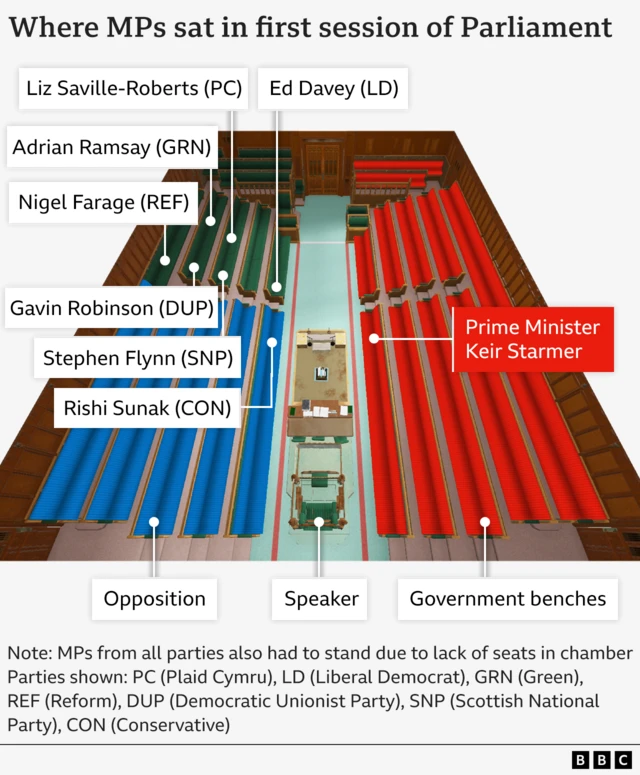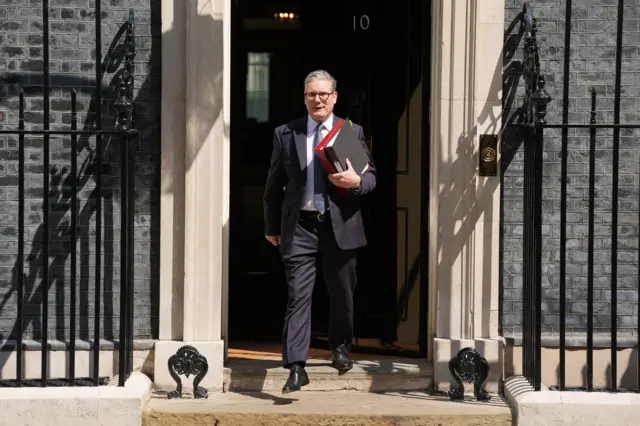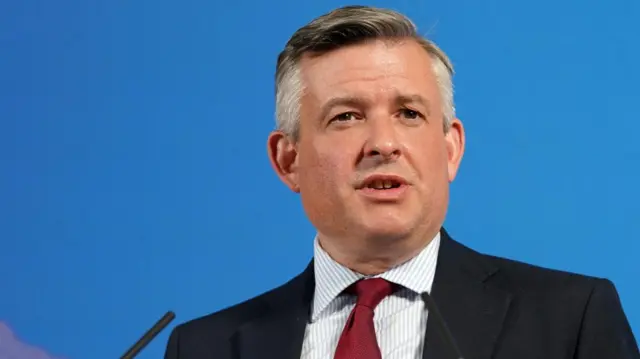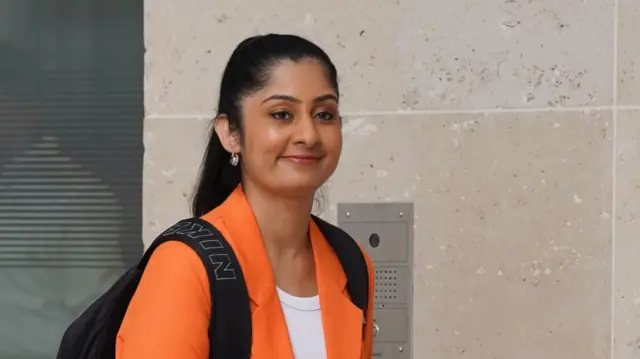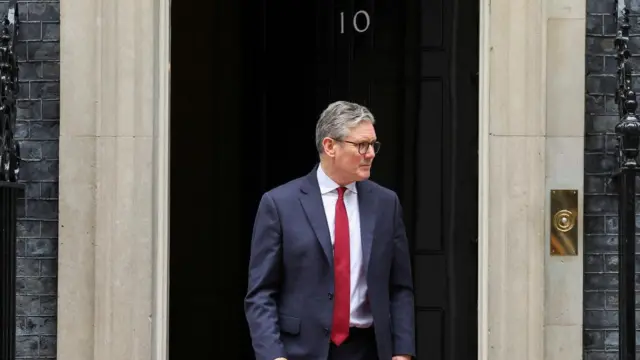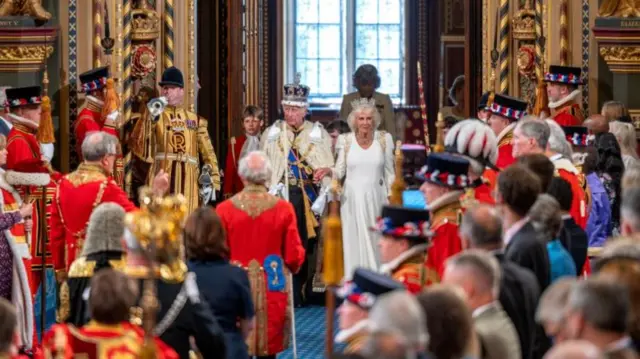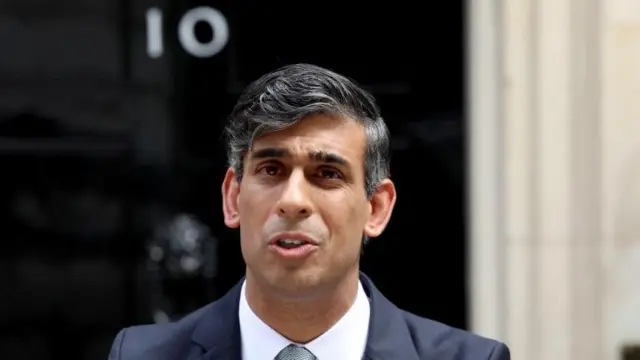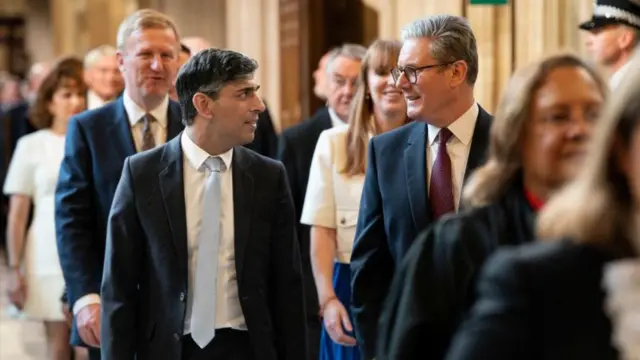The path to Tory leadershippublished at 11:53 BST 24 July 2024
James Cleverly is the first Tory to officially announce he is running to be the next Conservative Party leader. Other candidates are expected to be announced in the coming days ahead of a Monday deadline, so here's a look at what the selection process looks like:
